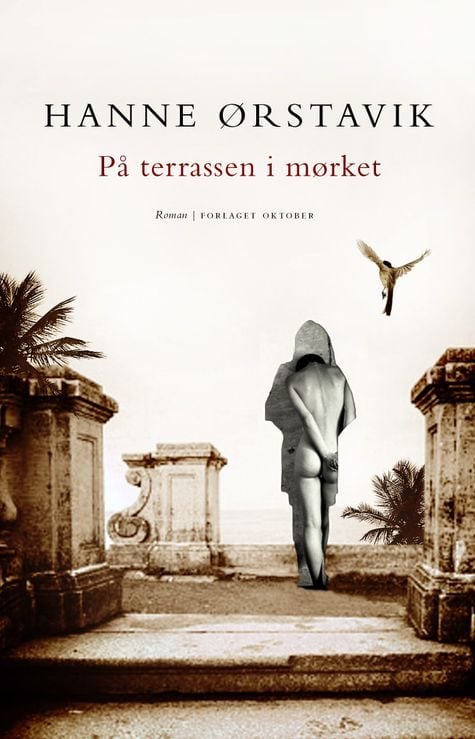“Well-composed text about not being loved back … With an author less talented than Ørstavik, the long explanations about what love is and can be, about the longing Paula lives in, could easily have made for an awkward and pretentious read, but it is impossible to resist the sentences, the desperate formulations and their rhythm … Not many can write so excoriatedly, wisely and sadly about not being loved/desired, and this is definitely why Ørstavik receives recognition and praise far beyond the borders of Norway”
Dagbladet
“Beautiful, insisting and intensely moving about unfulfilled longing for love. Not many can depict the development, painful leaps and sudden jerks of intense emotion like Ørstavik. She is at her very best in On the Terrace in the Darkness … What has always been so special about Ørstavik’s depictions of intangible feelings and longings, is her concrete and bodily expression of them. Few others can describe the longing as concrete and bodily mobility in a similar manner. And she has hardly ever cultivated this form as masterly.”
Hamar Arbeiderblad
“An upsetting, provoking and moving investigation. Ørstavik is at her best when she tears into raw and naked emotions with and insisting and penetrating intellect.”
Norwegian Broadcasting Company
“Ørstavik depicts inner reality in a way few others in Norwegian contemporary literature master … In this year’s well-composed novel, tighter than last year’s, the longing is replaced by resignation to the fact that the union with the one and only seems like a lost illusion … On the Terrace in the Darkness manages to say something universal about vulnerability, about the need to be seen, and to be loved and received by the one you love. This is why this novel should be read.”
Vårt Land
“With On the Terrace in the Darkness, Ørstavik adds a new and substantial chapter to her examination of the dependency and submission that lovers put each other through … Like so many times before, she has written a novel that really hits you where it hurts. Few Norwegian authors have the stylistic patience and thoroughness to find their way there”
Morgenbladet
“She finds a simple, expressive subject and gives it an abrupt and original sentence structure. She often has to use a lot of words to get there; dig, question, grind. But when she gets there, there are luminous sections that you promise yourself you will never forget”
Aftenposten
“I had to write this review wearing a hat, so that I could take it off … With this novel she confirms both her literary position, and a sort of new, perhaps more bodily explicit turn in the authorship. It is extremely intimate, indeed — yet so contemplating and universal … Ørstavik chooses a theme that may easily be written off, but the level of her writing renders that impossible. The language is tactile. It is painful and sore and it nearly hurts reading it, because the reader is never on the outside … Brave about the innermost of love, without compromises.”
 6/6 stars, VG
6/6 stars, VG
“Perhaps Ørstavik’s most important accomplishment is exposing how significant our sexuality is to our self-esteem … in this year’s and last year’s novel, that should be read in connection with each other, the threads of the authorship are tied together … I suspect Ørstavik is not done with the theme, and I’m looking forward to her next novel, because yes, sexuality is private, but it is also directed outwards, towards others, and Ørstavik is modelling something that we, I, rarely talk seriously about”
Klassekampen
“an interesting contextualisation of different perspectives and as usual well-written by Ørstavik”
Adresseavisen


 6/6 stars, VG
6/6 stars, VG